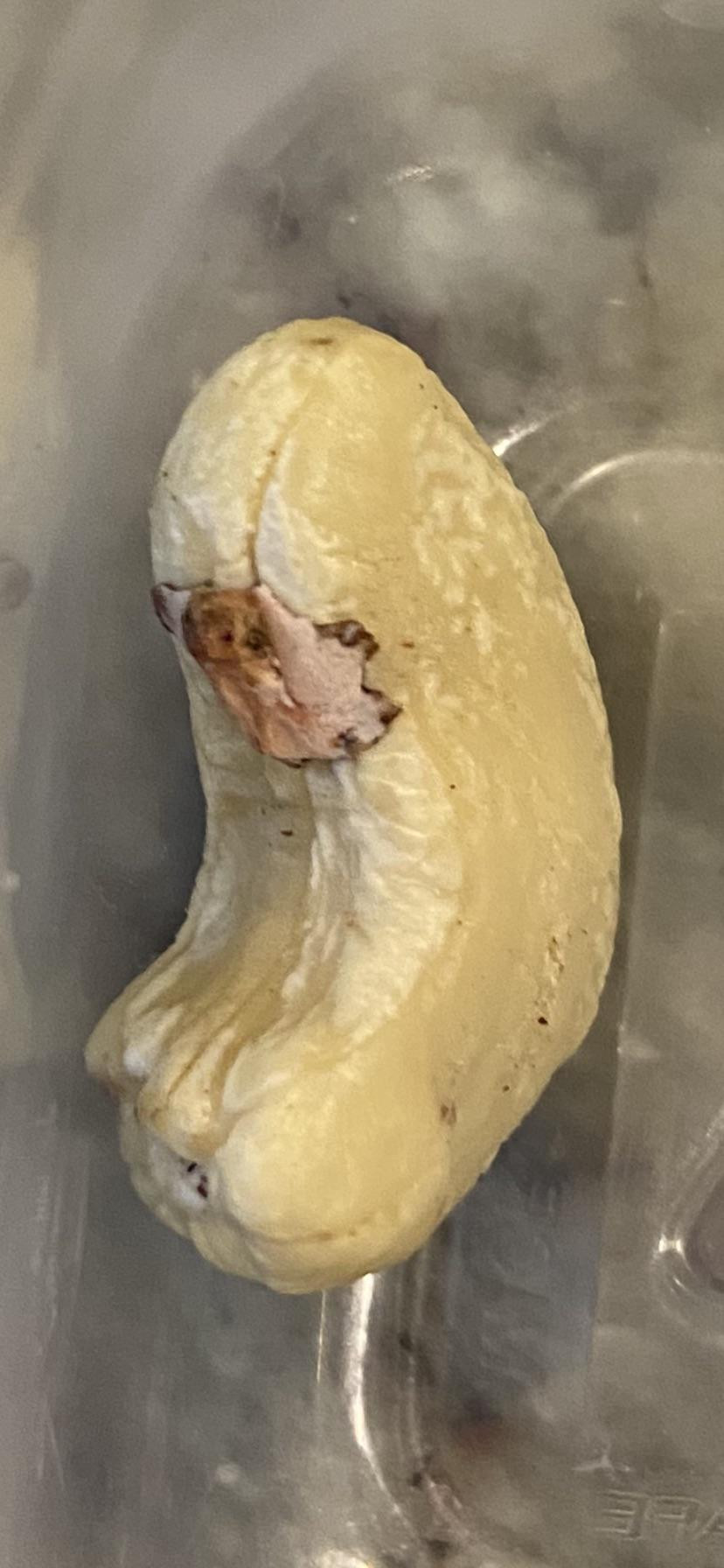The Canadian Food Inspection Agency (CFIA) has announced a recall by Spread’Em Kitchen Ltd., based in Richmond, British Columbia, Canada of its Beet & Balsamic Cashew Dip due to potential mold contamination. Mold can cause a number of side effects including respiratory illness, allergic reactions, and mycotoxin poisoning.
Distribution
The recalled product was sold through retail locations in the province of British Columbia.
Product Details
The recalled product is:
- Spread’Em — Beet & Balsamic Cashew Dip
Consumer Action
Consumers should search their homes for the recalled products.
As with all food recalls, consumers are strongly advised to discontinue use of the affected dip even if it looks or smells safe to eat.
Consumers should not sell, serve, or distribute the recalled products.
The recall notice did not state whether or not the products could be returned to the place of purchase and so, at a minimum, should be disposed of properly.
Consumers with additional questions or concerns can contact the CFIA by phone at 800-442-2342 toll free in either Canada or the United States or by email at [email protected].
Health Risks
The recall notice did not state whether or not there have been any illnesses or injuries in connection with the recalled products. Consumers who have been exposed to the recalled product, and are experiencing sickness of any kind, should contact their healthcare provider immediately.
Although the reason for recall was stated as “microbial contamination – non harmful” consumers should take caution. Molds are microscopic fungi that produce spores and thrive on organic materials, such as plants and animals. The spores can be carried to other organisms by air, water, or insects. Mold can cause a number of side effects including respiratory illness, allergic reactions, and mycotoxin poisoning. According to the U.S. Food and Drug Administration (FDA), “mycotoxins are poisonous substances produced by certain molds found primarily in grain and nut crops, but are also known to be on celery, grape juice, apples, and other produce.”
Commenting on this story, one national food poisoning lawyer said, “Food contaminated with mold can be potentially hazardous to people. I recommend that consumers in possession of the recalled product throw them away immediately or take them back to where they purchased them for a refund.”
Mold in Food: A Deeper Look
According to the United States Department of Agriculture (USDA), mold in food can pose serious health risks. Some molds cause allergic reactions and respiratory problems, while others, under certain conditions, produce mycotoxins—poisonous substances that can lead to illness. Mold’s root threads can penetrate deeply into foods, especially those with high moisture content, making it unsafe to simply cut off the moldy part. The USDA recommends discarding moldy foods, particularly soft fruits, vegetables, and meats, to avoid potential health hazards. Proper food storage and regular inspection are crucial in preventing mold growth and ensuring food safety.
More from the USDA on mold can be found here: https://www.fsis.usda.gov/wps/portal/fsis/topics/food-safety-education/get-answers/food-safety-fact-sheets/mold-on-food
What to Do if You Have the Recalled Dip
Retailers and consumers should not use, sell, serve or distribute the affected product.
(To sign up for a free subscription to Food Safety News, click here: https://www.foodsafetynews.com/subscribe/)

















